BEIJING, Sept 13 – Chinese Foreign Minister Wang Yi kicked off a five-day visit to three Central and Eastern European countries on Friday, beginning in Austria. Analysts anticipate that deepening political mutual trust and bolstering economic and trade cooperation will likely be a top focus of the trip.
According to the Chinese Foreign Ministry, Wang will visit Austria, Slovenia, and Poland from September 12 to 16, at the invitation of the foreign ministers of the countries.
Previously, Chinese Foreign Ministry spokesperson Lin Jian described China and Austria as “friendly strategic partners.” China is looking forward to consolidating political mutual trust, expanding common understandings on cooperation and enhancing friendship with Austria through this visit.
A more stable and mature China-Austria relationship will facilitate the development of both countries and promote the positive development of China-EU relations, Lin said.
Regarding Wang’s visit to Slovenia, Lin said Slovenia is “China’s good friend and partner in Europe,” and hailed the fruitful results from cooperation in various fields.
Through the visit, China stands ready to work with Slovenia to act on the important common understandings reached between the leaders of the two countries, enhance political mutual trust, strengthen results-oriented cooperation, and promote the sound and steady growth of China-Slovenia and China-EU relations, Lin said.
The spokesperson also highlighted the “traditional friendship” between China and Poland. He said that in Poland, Wang will “exchange views with the Polish side on bilateral relations, China-EU relations, and international and regional issues of mutual interest,” and “lay out a master plan for exchange and cooperation between the two countries in various sectors.”
Wang Yiwei, director of the Center for European Union Studies at Renmin University of China, told the Global Times that cooperation between China and Central and Eastern Europe countries is complementary, which is beneficial to the overall cooperation between China and Europe, as it plays the role of a bridge and link.
Europe is currently contending with the protracted Russia-Ukraine conflict and mounting pressure from US tariffs, and Central and Eastern European countries are eager to pursue development, while China’s focus remains steadfast on fostering pragmatic economic and trade partnerships, alongside vibrant people-to-people exchanges, Wang Yiwei said.
Highlighting European countries’ aim to boost cooperation, Austria news outlet Die Presse reported on the Chinese foreign minister’s trip, noting that China is Austria’s largest trading partner in Asia and an important source market for Austrian tourism. It also said that against the backdrop of the US tariffs, voices in Europe calling for closer trade ties with China have become louder.
Beyond strengthening economic cooperation, during the trip, the Chinese foreign minister will also likely exchange views with his counterparts on various global and regional issues, including the Russia-Ukraine conflict.
Cui Hongjian, director and professor of the Center for European Union and Regional Development Studies at Beijing Foreign Studies University, said that given the close proximity between Poland and the Ukraine crisis, the issue will be an “unavoidable topic in Poland.”
“It is expected that the Chinese side will further engage in dialogue to enable the Polish and European sides to gain a more comprehensive and accurate understanding of China’s position, thereby reducing misunderstandings,” Cui told the Global Times on Friday.
The trip also carries significance for China-Central and Eastern European Countries (CEEC) cooperation, as Poland and Slovenia are partners in the China-CEEC mechanism, while Austria, as an observer country, also plays a unique role, Cui said.
Due to geopolitical and other factors, the China-CEEC cooperation mechanism has experienced certain impacts over the past four years, and both sides need to recalibrate the direction of cooperation in light of the new situation, he added.
Meanwhile, the Chinese foreign minister’s trip will also be conducive to overall China-EU ties, experts said. Despite some noises in the development of China-Europe relations and hype from Western media, China and the EU have maintained frequent exchanges this year. Most recently, Portuguese Prime Minister Luis Montenegro visited China this week, during which the two sides pledged to enhance cooperation and safeguard free trade. In July, President of the European Council António Costa and President of the European Commission Ursula von der Leyen visited Beijing for the 25th China-EU Summit.
The Chinese foreign minister also visited Europe in late June and early July. In Brussels, he held the 13th round of the China-EU High-Level Strategic Dialogue with the EU’s High Representative for Foreign Affairs Kaja Kallas. Wang Yi also met with Belgium’s Prime Minister Bart De Wever, French President Emmanuel Macron, and German Chancellor Friedrich Merz during his visits to the three countries.
In the context of the 50th anniversary of the establishment of diplomatic relations between China and the EU, Wang Yi’s visit is constructive in terms of maintaining the frequency and momentum of China-EU interactions this year, Cui said, noting that more exchanges are expected between China and EU member states in the rest of the year.
Many European countries have a strong need for cooperation with China, and it is essential to transform this mutual positivity toward cooperation into concrete actions through further communication and dialogue, Cui said. – Global Times

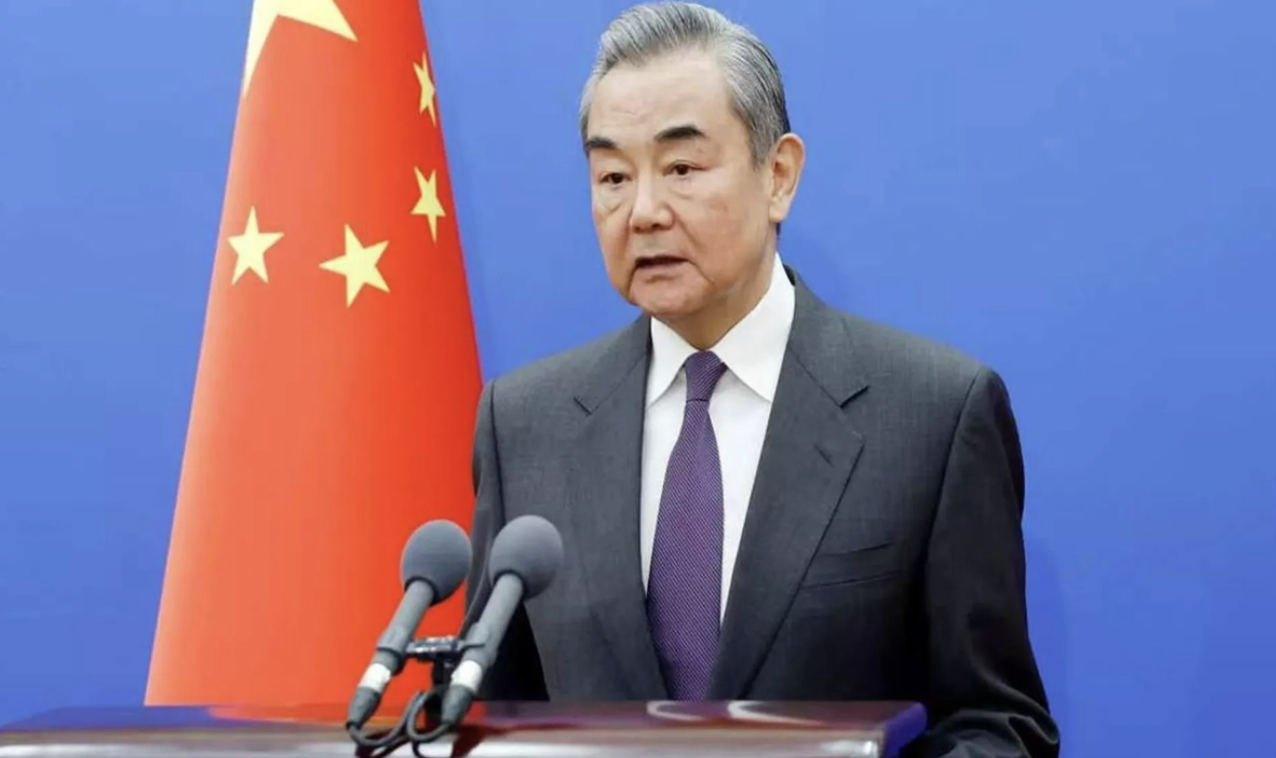
-加码-scaled.jpg)

-加码-scaled.jpg)



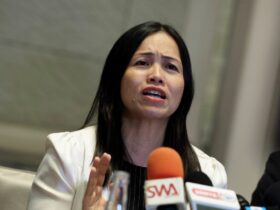

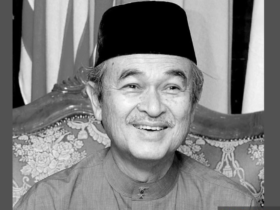

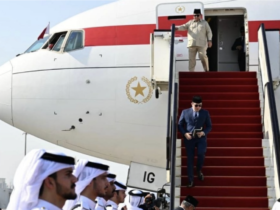
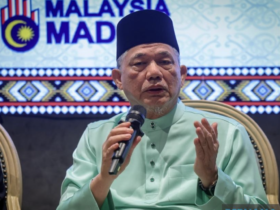

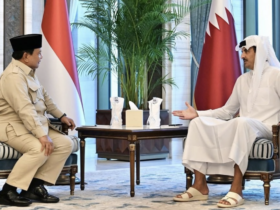
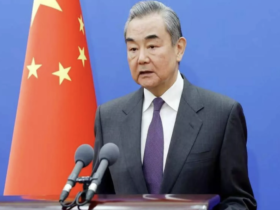

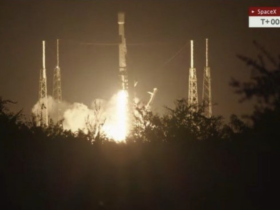

Leave a Reply